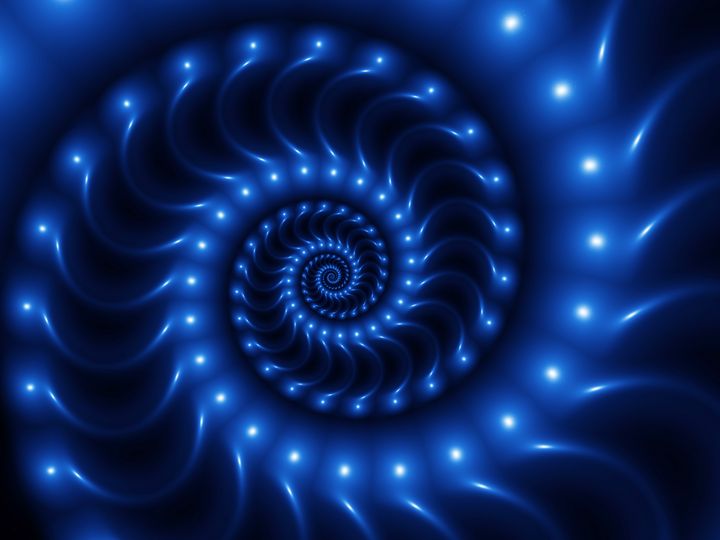I can’t say when my anxiety turned into depression, but with hindsight and many years of therapy I know that it goes as far back as I can remember. Long-term anxiety, like the type I lived through as a child, eventually morphs into depression, as feelings of hopelessness and helplessness take over the psyche. Depression can be defined as a state of giving up, of losing hope that our lives will ever get better. And the more we lose hope, the more our life energy is drained from us. The danger is we may lose our will to live, as I did in my twenties and thirties, and this is when depression enters that most dangerous phase and becomes suicidal.
It is well known that suicide rates are up dramatically over the pre-Covid era, and it comes as no surprise to those of us who understand the underpinnings of PTSD. During pandemic-era restrictions, people lost their livelihoods, which translates not only into lost income, but lost meaning and purpose as well. Social connections were severed as gathering places like theatres, gyms and restaurants were shuttered. Weaknesses and tensions that existed before the crisis came to the fore, causing inter-personal strife and an uptick in domestic abuse. Conflicting narratives tore families, friends, and nations apart. And on top of all of it all, politicians and medical talking heads kept moving the goal posts, creating ever more uncertainty, and gaslighting us by re-writing the history of what they referred to as “the science.”
While in a state of anxiety we may feel as though we can’t calm down, once we move into depression, we are in the process of giving in to a permanent state of hopelessness. We feel our sense of agency fading away, only to be replaced by the fear that we have lost control over our lives. It is important to identify this as soon as we possibly can so we can take measures to nip it in the bud before it becomes a fully entrenched state of being.
The antidote, or course, is to find as many points of power as we possibly can to counteract these feelings. Meditation, yoga, and breathing exercises all help to ground us back into our bodies, where our true agency lies. Movement, especially the type with an underlying rhythmic quality like walking, skating, or skiing, calms our bodies and allows us to find a modicum of inner peace. From this grounded state of inner calm, we can begin to take effective action and reclaim as many areas of our lives as possible. It is a practice and must be repeated as often as necessary to keep ourselves afloat as we navigate our way back to personal sovereignty, that self-governing state where we are in control of the decision-making process of our lives, and that we all enjoyed before the crisis called Covid.








That is one of the most well written, clear and helpful piece I have read on depression ever Margo! Well done ♥️
I agree 100%, powerlessness is one of my biggest trigger and I track it down all the time.
Also came in contact with the concept of “high functioning depression” recently. It made me think that it should be better known. Maybe a subject for future post…
Thanks Maude. The longer I ponder these states the more clarity I get on them. Thanks for bringing up that term; I will look more deeply into it and publish my findings in a future post!